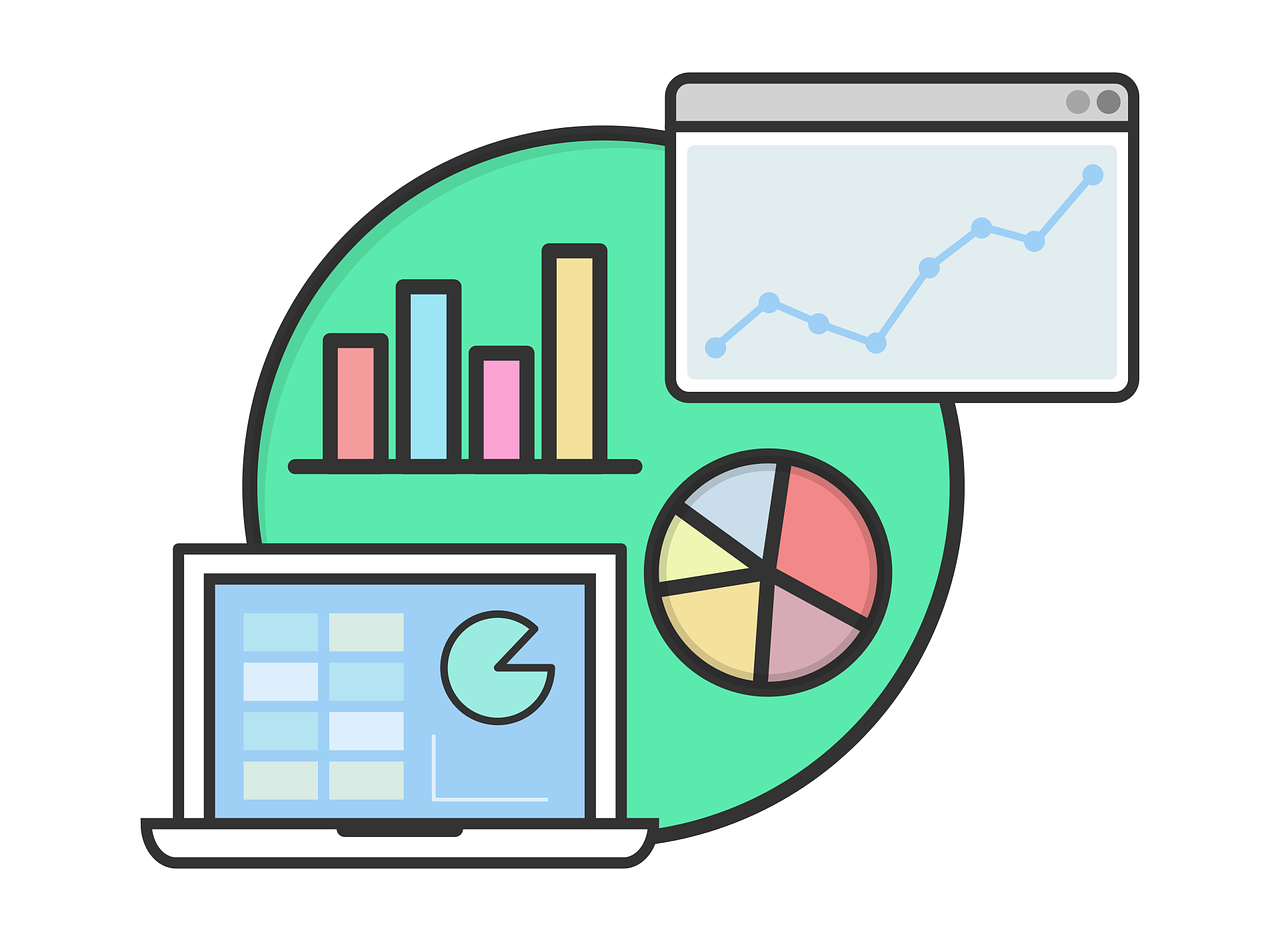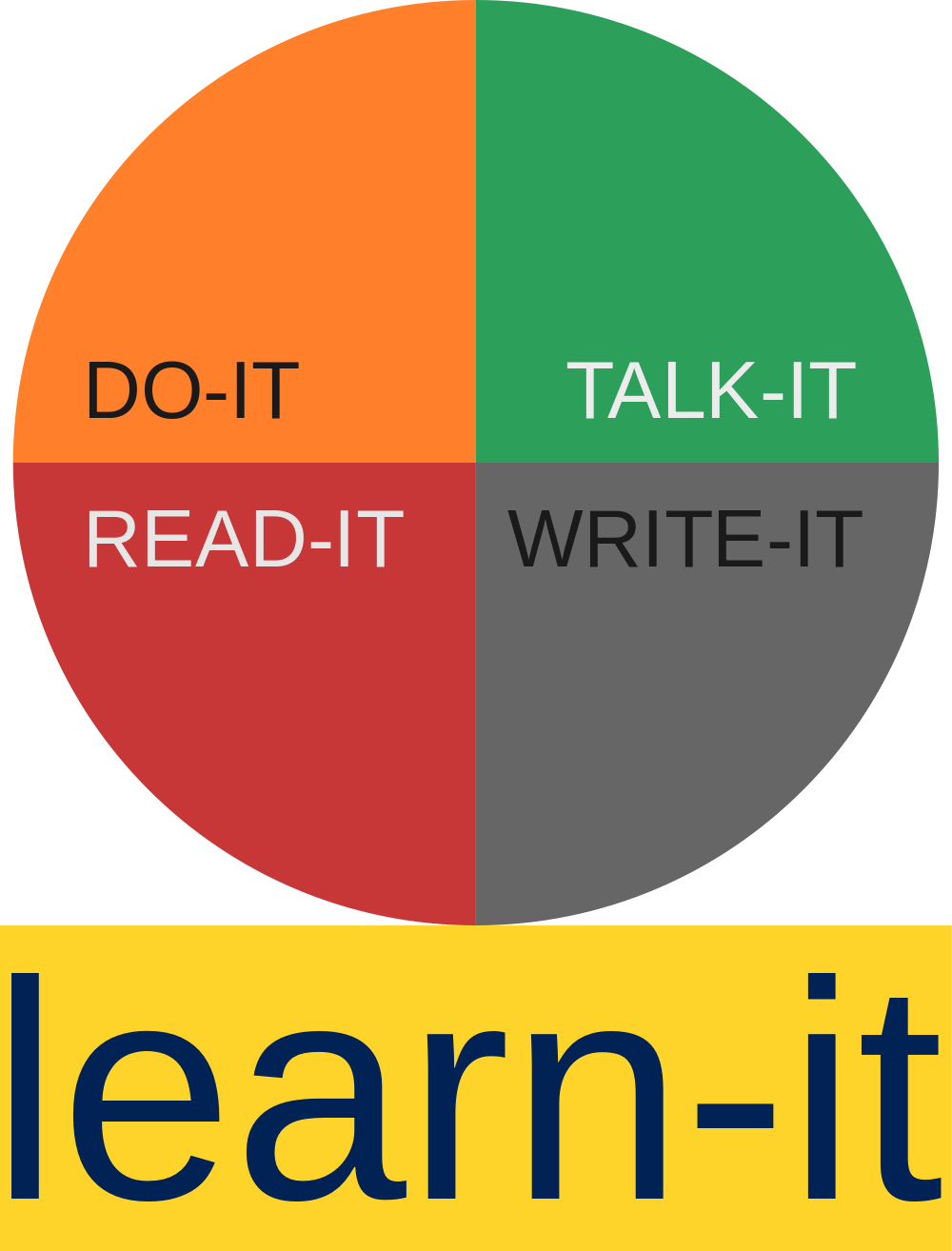
Many college students assume that studying statistics is as hard as math gets. Many people who took more advanced math classes, such as calculus and linear algebra, probably think the same thing because those courses tend to be harder than what most undergraduates take on a regular basis.
But the truth is that undergraduate mathematics curricula often contain even more challenging material – classes like multivariable calculus and abstract algebra. These courses cover topics that are not only difficult but also comparatively abstract and theoretical.
When it comes to how to study college statistics, the best thing you could do is utilize your current class time properly before it slips away. Every minute wasted doing other things like working other part-time jobs or watching TV means that you’re neglecting your responsibilities as a student. Time management becomes crucial in this situation because there’s not much time to spare.
12 Tips To Study College Statistics Effectively
Here are 12 tips to study statistics better in college and score high grades:
1) Find the optimum place to study:
Make sure you’re studying alone with the study guide, not with distractions. Distractions will take away your focus and possibly your whole attention span if you have an easy time being distracted by things around you. A good place would be a library or somewhere quiet/peaceful so that there’s no risk of being disturbed by nosy people.
2) Study in intervals
Don’t make studying last for more than an hour or two at the most. You can study for longer if you like, but don’t overdo it because that will only weaken your attention span and cause your mind to wander off of what you’re trying to learn. A good time would be between an hour and a half to two hours.
Make sure you take regular breaks during studying sessions either by stretching or doing something fun for fifteen minutes (i.e. walk around the block, play some video games, watch TV, etc.). It’ll help your mind stay refreshed and less likely to get exhausted too soon when trying to study statistics.
3) Avoid distractions
Minimize any distractions (i.e. cell phone, TV, etc.) and make sure you aren’t hungry or thirsty because it will cause your mind to wander off of what you’re trying to learn. If you get hungry, grab some food after about 20 minutes of studying; if you get thirsty, drink water instead (try not to eat anything that will require extra effort such as crunchy chips).
4) Ensure the environment is conducive
Make sure that the environment is conducive for learning with few distractions before starting out on how to study college statistics. Turn off any phones or pagers that go off during the time you’re trying to study since they are considered distractions even though they may seem like they aren’t. After you’re done studying for the day, then it’s okay to switch them back on.
5) Ask for help with statistics
Don’t be afraid to ask for help if you’re confused about anything. Sometimes, asking for assistance is better than trying to figure it all out on your own. Be sure that you understand each part of the course before moving ahead with how to study college statistics: This way, you’ll get a good grasp of what’s going on and you can get an idea of how much time and effort will need to go into the studying process. If there’s anything that seems confusing or hard to comprehend, then don’t hesitate to ask someone for statistics homework help; professors are usually more than willing (and happy!) to provide some extra explanations and clarifications when needed!
Ask for clarification if you don’t understand something: Do not hesitate to ask questions when you feel like something isn’t clear; it’s better than sticking your head in the sand and hoping that everything will work out later on down the road.
6) Make sure you make use of past homework problems
The professor and/or teacher will provide you with old assignments and classwork problems: They’re there for a reason – to use as practice material to help you learn the concepts. Approach your lecture material from different angles instead of just glossing over it once without taking anything in. Ask questions about what you’re studying in your mind so that it will help you memorize the material by asking yourself questions such as “what is this” and “how would I describe this to someone else”.
7) Make flashcards to help memorize formulas
Flashcards are a simple method of memorizing new concepts and ideas by writing them down on a piece of paper and reviewing them later on down the road. They can be used to focus in on key facts or pieces of information that you need to know.
Flashcards are great tools that can be used for many different things, including studying statistics. Make sure they’re visual cards and not just written notes and be sure to space them out throughout the day so that information is reinforced constantly over time. You’ll also improve your memory by making flashcards.
8) Get involved in fun activities after class:
Make sure you find plenty of things to keep yourself occupied such as reading, drawing, etc. because it will help keep your mind occupied and you won’t think about studying statistics as much. It’s also a great way to practice using your memory skills! Exercising also helps improve your memory skills.
9) Be sure to study for exams!
Do not leave studying for exams until the last minute because you’ll end up forgetting material that you studied in class or at home if you wait too long. Stop dreading having to learn statistics in school because it will get easier once you put in the time and effort needed in order to succeed without feeling overwhelmed when learning new concepts.
10) Set a schedule and follow through with it!
Once you’ve set a schedule, make sure to keep track of assignments and due dates so that everything gets done on time instead of waiting around until the last minute. This is a negative move when it comes to how to study college statistics but students actually do this on a regular basis because they want to avoid learning anything.
11) Avoid procrastinating
Try not to procrastinate with doing work until the last minute because that leaves no room for error in terms of how much time was actually spent doing something else besides studying, which can result in becoming overwhelmed by having too much work to do in too little time. If you end up registering for a whole class, then try not to procrastinate on studying because there’s always something else that could be used as a distraction instead.
12) Attend all classes
Don’t skip classes when trying to learn statistics in college because it may seem like an easy way out, but it won’t help you at all in the long run if your goal is to actually pass with flying colors. You can always ask questions about what was discussed during class; many professors are more than happy to help students who never missed any lectures before the final exam. If you miss a class
Final thoughts
Maintaining your focus throughout the course will make studying statistics much easier! Use the other pieces of advice in this article for better studying skills including making use of old homework problems, taking time to do homework and staying away from distractions such as television and social media so that you can get through your courses efficiently. If you can’t pass a class with an A or B, then don’t be afraid to drop it down to a C so that you can improve your grades overall.
College is all about having fun but also making sure that you’re getting good grades along the way – just remember not to sacrifice sleep and relaxation too much!
I hope these 10 important tips will help you get an A in math class and make your experience studying statistics easy!









